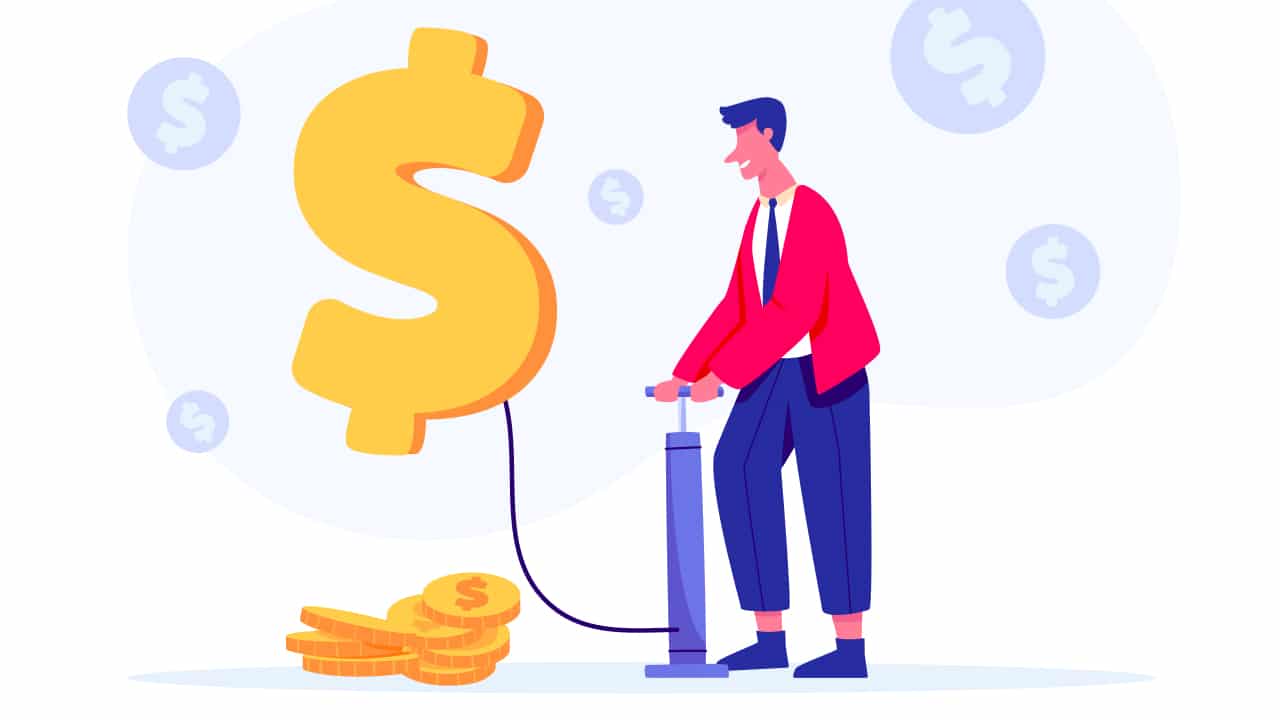
1. Invest instead of speculate - being a friend of time can bring high returns.
a) It's important not to lose money.
b) "Compound interest" accelerates the growth of wealth.
c) Maintain a stable, low-risk return, and then stick to it.
You should invest rather than speculate - be a friend of time.
Let's start with a question: What is the real high return? If there are two investment managers below, who do you think performs better?
At first glance, A's performance is good, often doubling, which can attract attention; The return rate of B can be achieved by many old investors in some years, and the average return also verifies our intuitive judgment.
But which investment manager has higher actual investment return? Suppose you have invested 1 million each, what is the total return after 2 years?
• Investment Manager A: In the first year, his performance doubled to 2 million, but in the second year, he lost half of it, which means that you returned to the original point of 1 million two years later, which is equivalent to playing for nothing.
• Investment Manager B: In a simple calculation, it will be 1.1 million in one year and 1.21 million in two years.

So there are two important principles hidden in the true high returns:

1) It's important not to lose money.
Why? Or a simple example, such as the initial investment of 1 million. If you lose 50% in the first year, how much will you have to pay back in the second year? The answer is 100%. It is equivalent to that if you lose money in the first year, the principal will decrease, and you will need to use higher income to pay back the principal in the second year.
2) Investment is to leverage the power of compound interest.
Compound interest is now a term of chicken soup that is often abused. It refers to the interest rolling, that is, the interest generated in the first year will continue to generate interest as the principal. Buffett calls it the snowball.
The simple example above can tell us why many people call compound interest the eighth wonder of the world.
The B investment manager can steadily earn 10% of your income every year, and can earn more than 20% in two years. But what if you invest not only for two years, but also for 10, 20 or even 50 years?
For example, if you are 25 years old now, we don't have any savings, so we can take out 100000. How much will it become in a few decades? 10 years of investment: 260000, an increase of 2.6 times; Investment for 20 years: 670000, up 6.7 times.
What if the investment lasts for 50 years? This number will surprise many people, not hundreds of thousands, but 11.74 million. There are many people who can afford 100000 now, but there are few who can afford more than 10 million 50 years later.






